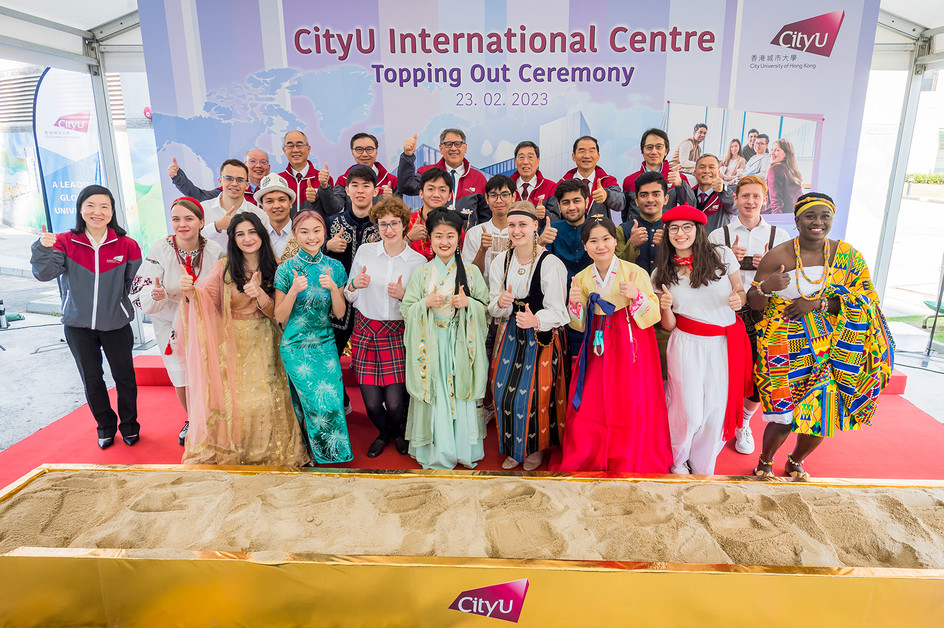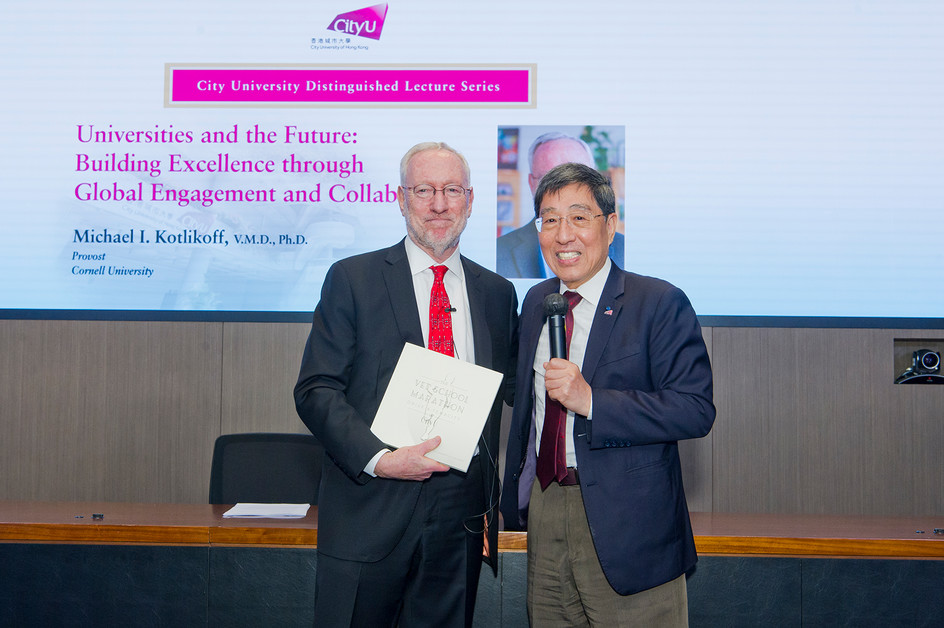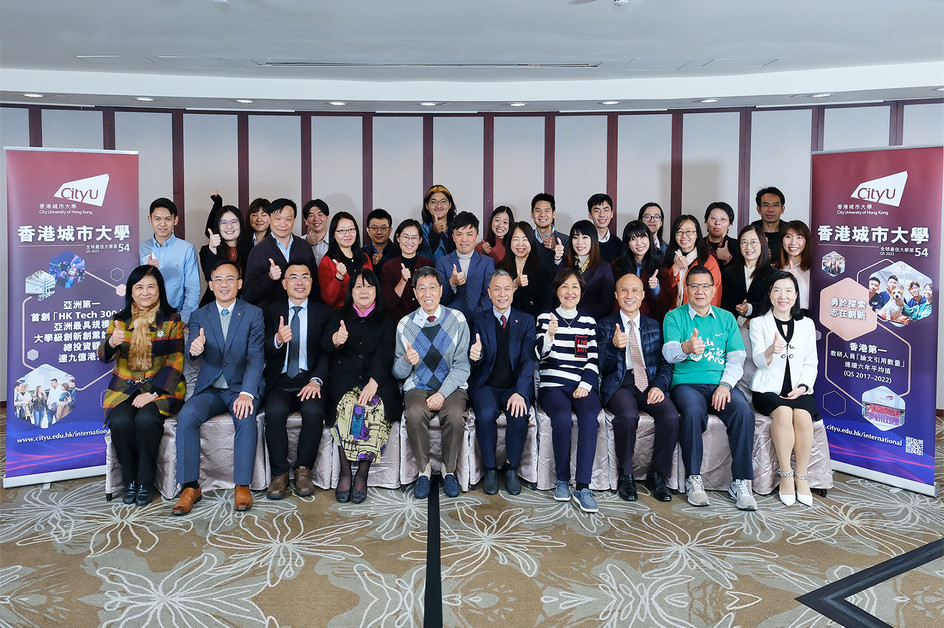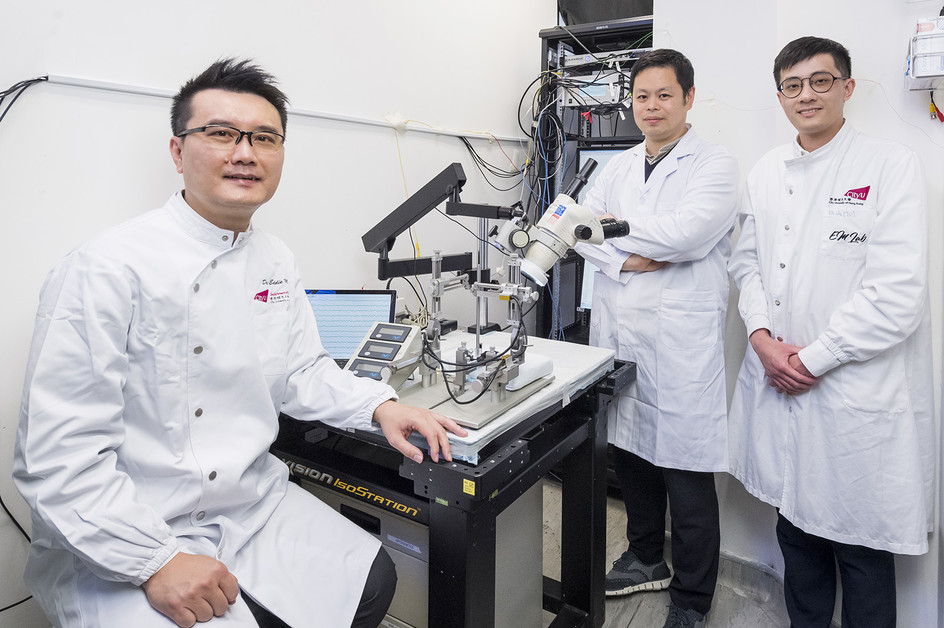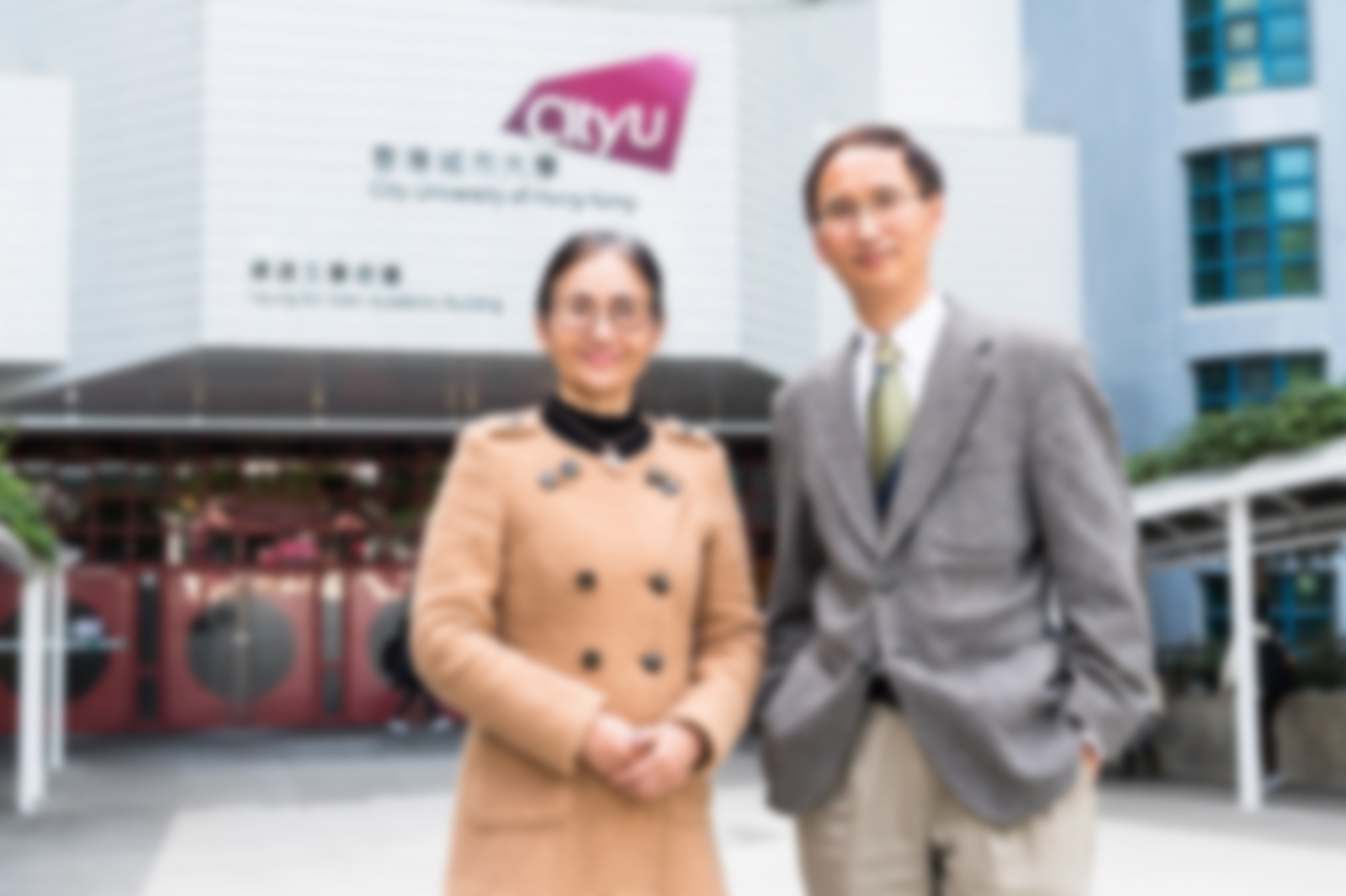
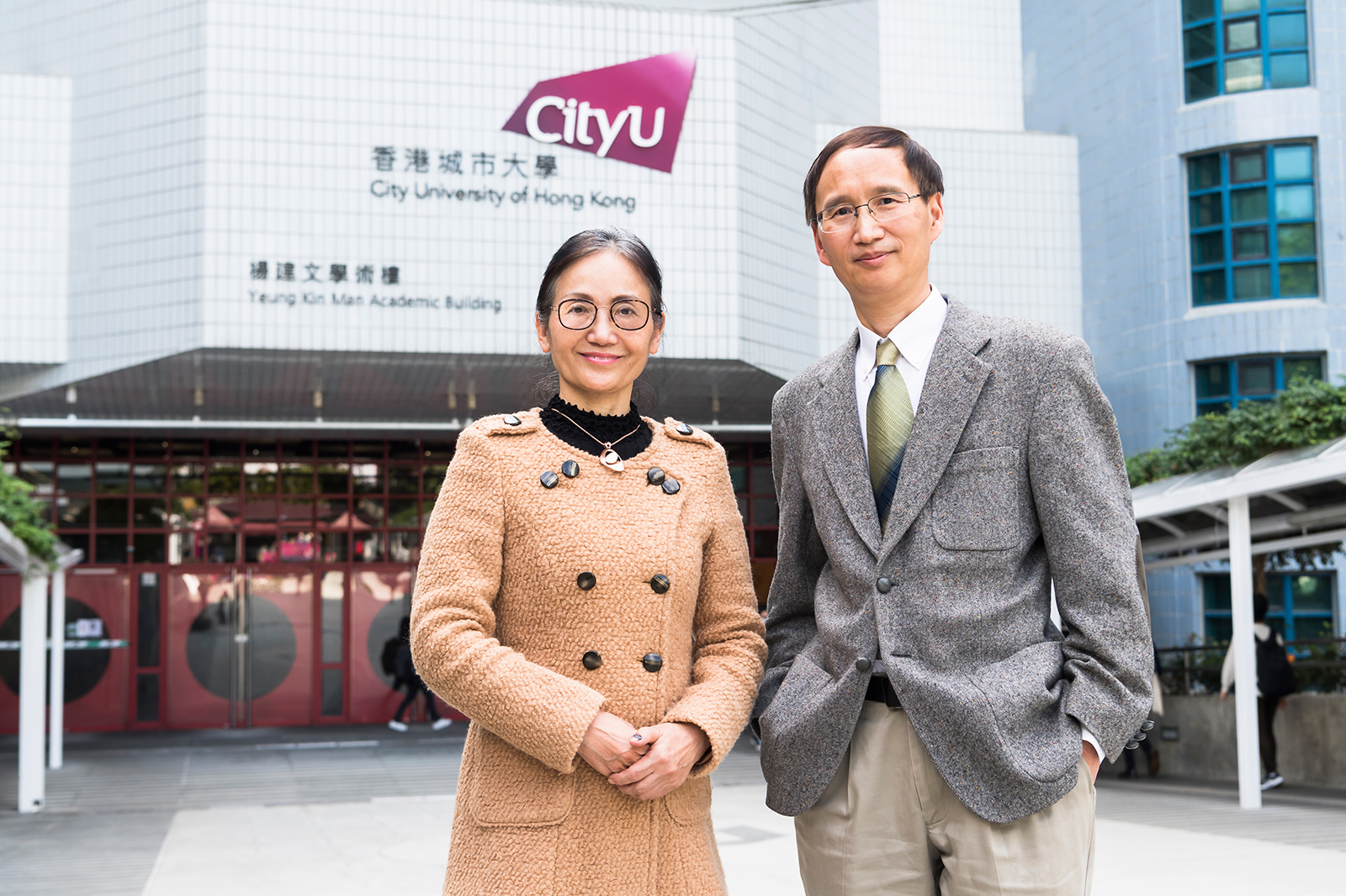
Professor Hu Jinlian of the Department of Biomedical Engineering and Director of the Laboratory of Wearable Materials for Healthcare and Professor Zhu Yuntian of the Department of Materials Science and Engineering have been elected as the 2022 class of Fellows of the National Academy of Inventors (NAI) in recognition of their tangible impact on the economic development and welfare of society.
An expert in shape memory polymers and fibres for textile and biomedical applications, Professor Hu has made significant contributions to basic and applied research for biomaterials, medical devices, energy therapies, digital medicine, smart polymers, fibres, textiles and apparel.
Her recent research includes spider silk-inspired super tough fibre, fire-warning materials, pulse-monitoring textile sensors, and nanostructured membranes for advanced wound dressing, which is proven to be similar to human skin, with a hydrophilic healing interlayer and a hydrophobic protective surface based on polyvinylidene fluoride. The prepared membrane can accelerate cell migration and the wound-healing process.
“It is an encouraging milestone to receive this honour. I will continue to help industries enhance their innovation capability and productivity,” said Professor Hu, who is also the recipient of the Distinguished Achievement Award from the US-based Fibre Society, the China Textile Academic Leader Award, the National Talent Award and the First-Class Sang Ma Textile Science and Technology Award. In addition, she is a Fellow of the Royal Society of Chemistry, Textile Institute, UK, and the Hong Kong Institution of Textile and Apparel.
Professor Zhu is an experimentalist with a primary interest in the fundamental aspects of materials science and designing materials with superior strength and ductility. His research in recent years has focused on deformation mechanisms at the dislocation level and mechanical behaviours of heterostructured and nano/ultrafine-grained materials.
“I feel honoured by the election to NAI. As researchers, we should serve the needs and welfare of society and humanity,” said Professor Zhu.
Materials are either strong or ductile but rarely both at the same time. Professor Zhu has discovered a heterogeneous lamella structure that can produce an unprecedented property combination: as strong as ultrafine-grained metal and as ductile as conventional coarse-grained metal. Heterostructured material could be used to make lightweight and energy-efficient vehicles, especially electric cars that need efficient recharging for higher mileage.
His honours and awards include the Institute of Metals/ Robert Franklin Mehl Award, TMS-SMD Distinguished Scientist/Engineer Award, and ASM International Albert Sauveur Achievement Award. He is a Fellow of the Minerals, Metals & Materials Society, Materials Research Society, American Physical Society, ASM International, and the American Association for the Advancement of Science (AAAS).
Both Professor Hu and Professor Zhu are among the top 2% of the world's most highly cited scientists, according to metrics compiled by Stanford University.
The NAI honour is the highest professional distinction accorded to academic inventors who demonstrate a highly prolific spirit of innovation in creating or facilitating outstanding inventions.
The 2022 Fellow class hails from 110 research universities and governmental and non-profit research institutes worldwide. Among the new class of Fellows are members of the National Academies of Sciences, Engineering, and Medicine, Fellows of AAAS and other prestigious organisations, Nobel Laureates, other honours and distinctions, as well as senior leadership from universities and research institutions.


